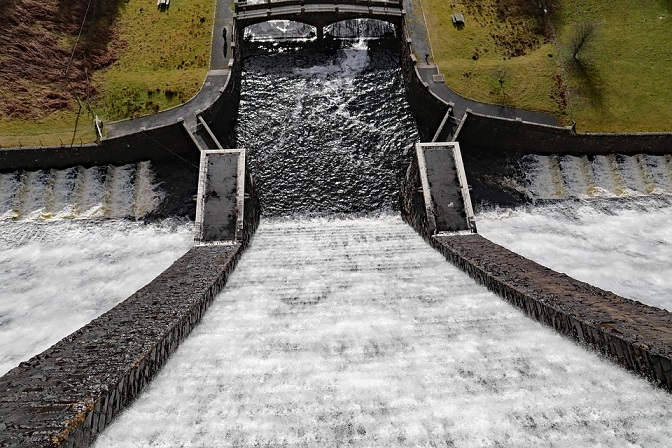At first blush, thinking about reusing wastewater generally gives one that yucky feeling, but it is actually so?
The world is running short of water due to overpopulation and climate change, and if we do not do something drastic, and soon, we are going to be faced with a global problem in the very near future. At the moment is it predicted that around 50% of people across the globe will experience water scarcity or water shortages by 2050, but is a calamity just around the corner?
Wastewater is something that is generally out of sight and out of mind, and when someone brings up the subject of wastewater reuse most people resist frantically, even governments and health authorities, yet there are various examples of successful wastewater reuse.
Ethiopia, for instance, has successful biogas installations that are fuelling kitchen units; a co-composting plant in Bangladesh is producing fertiliser; wastewater is fuelling eco-san toilets in peri-urban Mozambique; and there is a wastewater plant generating energy in the Netherlands.
What is needed is for the reuse of wastewater to be “de-yukked†in the eyes of the global community. The message needs to get out there that reusing wastewater is safe for specific purposes and can save money, generate income, and is good for the environment. The water sector should also provide technical options for re-use.
Policies around the reuse, sale and transport of wastewater for industrial use need to be looked at; governments need to make it easier for utilities to invest in wastewater treatment, thereby making wastewater treatment a financially lucrative proposition.
Agriculture, one of the biggest users of freshwater, should be advised around and given incentive to use wastewater for irrigation. This has proven to work very well in Mexico, where wastewater farmers who irrigate around 346 acres of land save around £107 per hectare per year due to their reduced use of chemical fertilisers.
In Pakistan, farmers with access to untreated wastewater harvest more crops per year, earning in the region of £476 more per hectare per year than their counterparts who use regular irrigation water. This is as a result of higher cropping intensities and savings in fertiliser costs.
Water is life and we are wasting it – time to reuse and repurpose water so that we all have more freshwater for drinking, good health and personal hygiene purposes.
Get bottled water coolers and plumbed water coolers from Living-Water.






